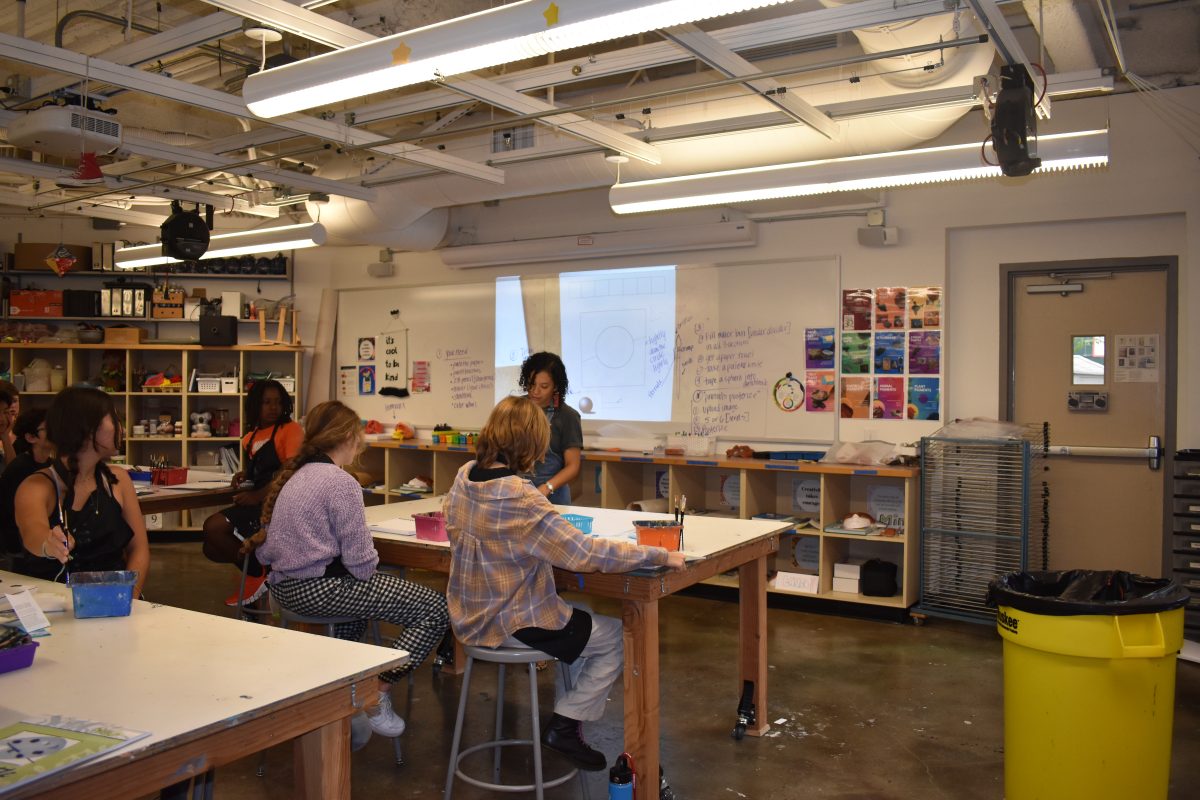Students at Harvard-Westlake (HW) are fortunate enough to have a library full of books highlighting different minority groups and a very talented group of English teachers, but these values are not reflected in our curriculum. HW can achieve diversity by introducing books that highlight women, people of color and LGBTQ+ people in their curriculum.
This year, seventh graders are required to read “The Wild Things” by Dave Eggers, “True Grit” by Charles Portis, “American Born Chinese” by Gene Luen Yang, “Flowers for Algernon” by Daniel Keyes and “A Raisin in the Sun” by Lorraine Hansberry. Eighth graders are required to read “To Kill a Mockingbird” by Harper Lee, “Turtles All The Way Down” by John Green, “Romeo and Juliet” by Shakespeare and “Kindred” by Octavia Butler. Ninth graders are required to read “The Odyssey” by Homer, “The Catcher in the Rye” by J. D. Salinger, “Fences” by August Wilson and “Of Mice and Man” by John Steinbeck.
Out of these authors, only three of them are women. The other 12 books are written by men. Moreover, only three authors are of color, and not one of these books highlight a single character from the LGBTQ+ community.
Thus, a student who began to attend HW in seventh grade will only read three novels by women over the course of three years. Even worse, new ninth graders will not read a single work by a female author in their first year. Of course, teachers will sparingly introduce works from female authors and people of color during the poetry and short story units, but these few works of literature are nowhere near sufficient to our school’s values. Students at HW will read an overwhelming amount of texts by white men.
There are multiple benefits to reading works from different groups. The first is that reading diversity will help students for the real world. Reading helps children learn more about the world. Learning more about another group’s perspective is essential for young people. Research on prejudice has also shown that coming in contact with other groups can help reduce discrimination. Although meeting those different than us is important, including them in our curriculum can help HW students gain a brief introduction to the outside world.
Moreover, reading fiction increases empathy, so reading books with variety of authors and characters and help students build empathy for those different from them. Reading as the ability to nurture respect, empathy, and acceptance among all students.
The dearth of works from minority groups do not reflect our value system at all. At HW, one of our primary goals is to include various minority groups into our community. However, our teachers are not putting enough effort to alter our curriculum to create more diversity.



